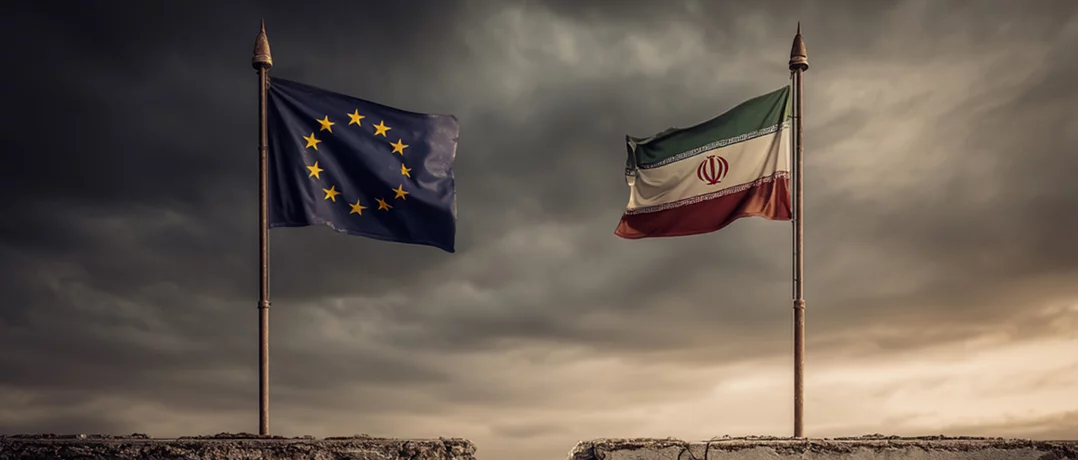EU has reimposed extensive sanctions on Iran over its nuclear program, escalating economic pressure and heightening regional tensions.
EU reimposes sanctions on Iran after UN “snapback” trigger
EU reimposes sanctions on Iran after UN “snapback” trigger


The European Union has reinstated a wide range of sanctions on Iran following the UN Security Council’s reimposition of measures linked to Tehran’s nuclear program. The move, announced in Brussels on September 29, comes after France, Germany, and the United Kingdom invoked the “snapback” mechanism under the 2015 Joint Comprehensive Plan of Action (JCPOA), citing Iran’s “significant non-performance” of its commitments.
The measures reintroduced cover travel bans, asset freezes, and sweeping restrictions across trade, finance, and transport. These include bans on Iranian crude oil and gas imports, the sale of precious metals, and access to certain technologies. The EU has also frozen the assets of the Central Bank of Iran and major commercial banks, while barring Iranian cargo flights from EU airports.
Economic strain and rising risks
The snapback marks a dramatic reversal of sanctions relief granted after the 2015 nuclear deal, which had been intended to curb Iran’s nuclear activities in exchange for economic integration. That deal began unraveling after the U.S. withdrew in 2018 and regional tensions escalated, culminating in Israeli and American strikes on Iranian nuclear facilities earlier this year.
Experts say the renewed sanctions isolate Tehran further at a moment of economic strain. Iran’s rial has collapsed to a record low of 1.1 million to the dollar, fueling public discontent as food prices soar. While Russia and China have rejected the move, Iran now risks becoming even more dependent on discounted oil sales to Beijing.
Iranian officials condemned the snapback as “illegal” and a blow to diplomacy. Foreign Minister Abbas Araghchi warned that Tehran could abandon the Nuclear Nonproliferation Treaty altogether, while Parliament leaders threatened reciprocal measures against European states enforcing the restrictions.
At stake is not only Iran’s economy but also the fragile security of the region. Israel welcomed the sanctions, saying the goal is to “prevent a nuclear-armed Iran.” The U.S. also voiced support, with Secretary of State Marco Rubio urging Tehran to return to direct talks.
Still, prospects for diplomacy remain bleak. Iran continues to enrich uranium up to 60% purity, edging close to weapons-grade, while refusing access to UN inspectors since July. With both sides hardening their positions, analysts warn that the snapback may push Iran toward further escalation, deepening the cycle of confrontation.


